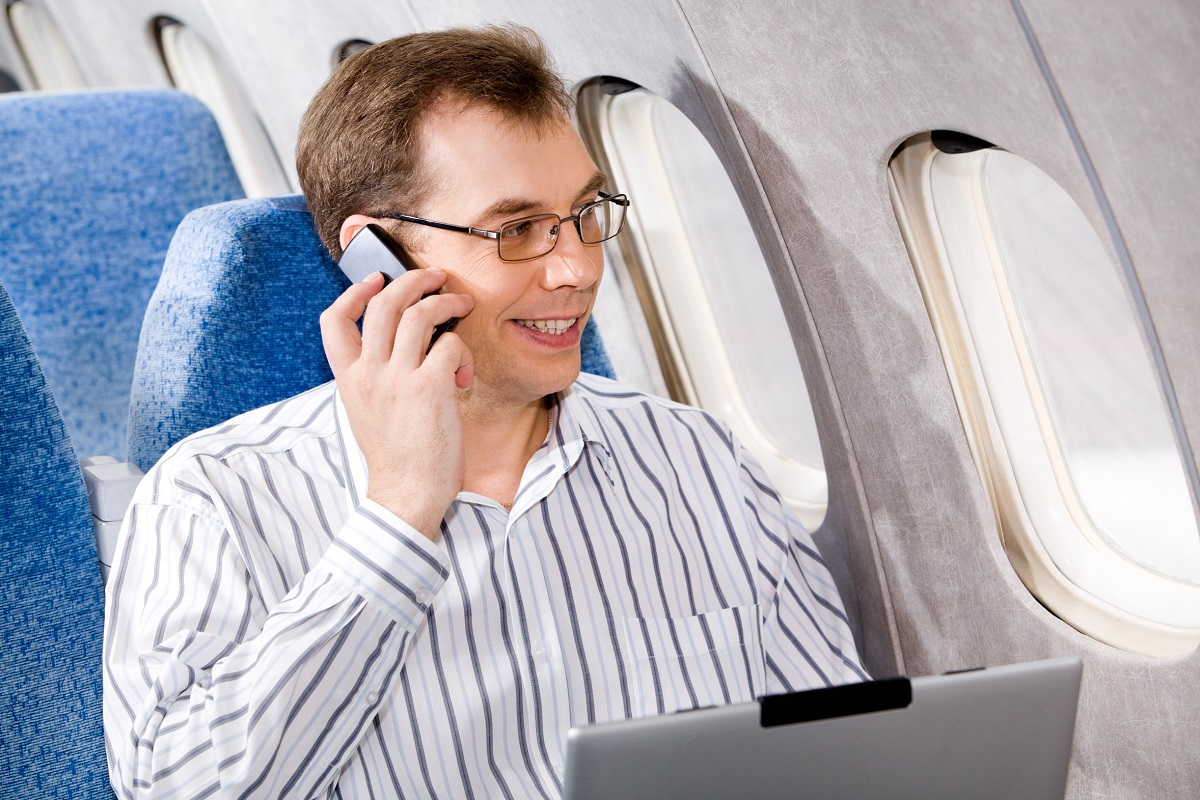Uncharged iPhones & iPads banned from US & UK flights
UK and US airline passengers carrying uncharged smartphones or tablets could be made to leave them behind

UK airline passengers boarding flights to mainland Europe and America are being ordered to ensure their smartphones and tablets are fully charged before passing through airport security.
As reported by IT Pro at the beginning of the week, a similar directive has been introduced for those boarding direct flights to the United States.
The guidance has been introduced as part of a move to step up aviation security. The measures are being introduced by the US Department of Homeland Security and enforced in the UK by the Department for Transport.
The US Department of Homeland Security has not specified why the measures are being introduced, only that the move is part of its ongoing work to promote aviation security.
At the time of writing, the UK terrorist threat level is unchanged, and remains "substantial."
In a statement, it said: "We are sharing recent and relevant information with our foreign allies and are consulting the aviation industry.
"These communications are an important part of our commitment to providing our security partners with situational awareness about the current environment and protecting the travelling public."
Get the ITPro daily newsletter
Sign up today and you will receive a free copy of our Future Focus 2025 report - the leading guidance on AI, cybersecurity and other IT challenges as per 700+ senior executives
As a result, travellers are being warned that as part of the existing screening process for electronic devices they may be asked to switch on their devices.
The Department for Transport has since released updated guidance to UK airline passengers that uncharged electronic devices will not be permitted on "some routes".
"In line with the US advice, passengers on some routes into and out of the UK may now also be required to show that electronic devices in their hand luggage are powered up or face not being allowed to bring the device onto the aircraft," a Department statement read.
"Passengers flying into our out of the UK are therefore advised to make sure electronic devices being carried in their hand luggage are charged before they travel."
At the time of writing, no further details about what routes will be affected have been given, although reports suggest the new rules will be introduced on all flights to and from mainland Europe, as well as to the US.
If the devices can't be switched on because they have flat batteries or are defective, travellers will have to leave them behind and possibly face additional screening measures.
The new rules have prompted calls for people to give themselves even more time to pass through airport security.
UK travellers preparing for long-haul flights to the United States are requested to arrive and check-in at the airport at least three hours before they are due to take-off.
The US Department of Homeland Security added that it will be working to ensure passenger disruption is kept to a minimum as a result of the new rules.
In a further statement released earlier this week, the Department for Transport said it would not be commenting "in detail" on the changes, and assured passengers that the vast majority of them will not suffer "significant disruption" as a result of the move.
"The safety and security of the public is our paramount concern. The UK has some of the most robust aviation security measures and we will continue to take all the steps necessary to ensure that public safety is maintained," it added.
As reported by IT Pro yesterday, British Airways has already warned passengers they will be unable to board their flights if they have uncharged devices with them.
The airline has confirmed that passengers may face additional checks at its boarding gates to ensure people are complying with the new rules.
These checks will also apply to people who purchase devices in the airport before take-off, the company warned.
This article was originally published on Monday 7 July, and updated today to reflect updated guidance for UK travellers from the Department for Transport.
-
 Bigger salaries, more burnout: Is the CISO role in crisis?
Bigger salaries, more burnout: Is the CISO role in crisis?In-depth CISOs are more stressed than ever before – but why is this and what can be done?
By Kate O'Flaherty Published
-
 Cheap cyber crime kits can be bought on the dark web for less than $25
Cheap cyber crime kits can be bought on the dark web for less than $25News Research from NordVPN shows phishing kits are now widely available on the dark web and via messaging apps like Telegram, and are often selling for less than $25.
By Emma Woollacott Published